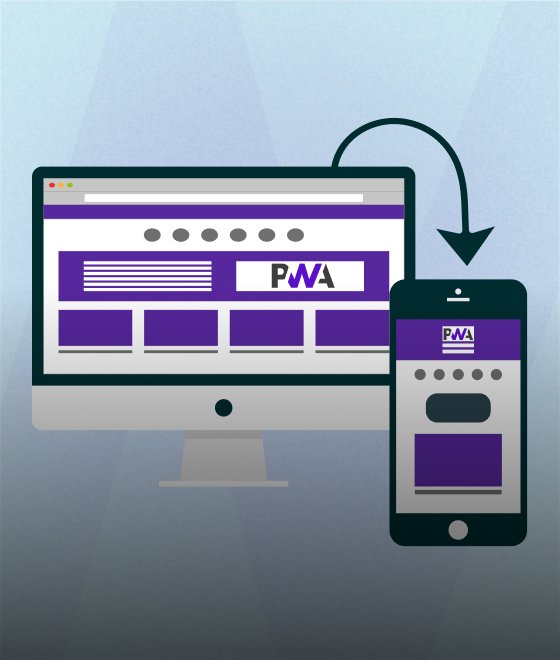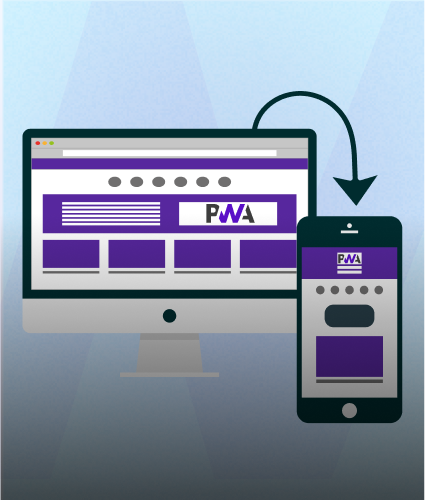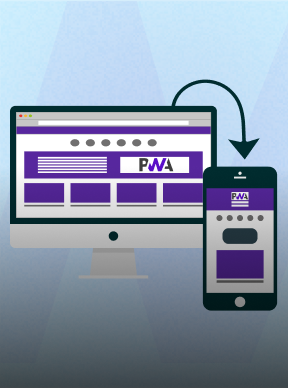What is a database backup?
- A database backup is a copy of your database kept in a separate location.
- Most administrators use database backups to restore lost data in an emergency, such as data loss due to an outage or system failure.
- a database backup is a copy of key data you can access in case of a cyberattack, natural disaster, accidental deletion, or other threat.
- By taking regular backups, you can restore the database to a previous state if something goes wrong.
- This backup can be stored on a server and is essential for recovery in case the original data becomes inaccessible.
Why Is Database Backup Important?
Next to people, data is a business’s most valuable asset. You use data to run your business. Your daily operations depend on financial data, customer information, employee records, product details, proprietary formulas and processes, and application software. Prolonged downtime through data interruption hurts both your reputation and bottom line.
Data corruption and data loss can occur through a natural disaster such as fire and floods, power or hardware failure, human error, and cybercriminal attacks. When a data disaster strikes, you need the ability to quickly recover and restore those files and your business to normal operating status.
The planning strategies of database backup and recovery could not be more crucial to business continuity (BC). Coupled with disaster recovery (DR), the acronym BC/DR encompasses two sides of the same coin. Whereas disaster recovery restores needed technology, business continuity is about keeping the business as a whole functioning.
- Data Recovery: Protects against data loss due to hardware failures, software bugs, or human errors.
- Disaster Recovery: Ensures continuity of business operations in case of catastrophic failures (e.g., data center crash, natural disasters).
- Protection from Data Corruption: Allows you to restore uncorrupted data if corruption occurs.
- Compliance and Retention: Often required by regulations to maintain copies of data for legal or audit purposes.
What Are the Types of Database Backup?
There are three general types of database backup:
Full Backup
A complete copy of the entire database. This includes all data, schemas, indexes, and other objects. It provides the most comprehensive backup but can take more time and storage, especially for large databases.

Incremental Backup
Only the data that has changed since the last backup is saved. This is smaller and faster than a full backup but requires all previous backups for a full restore.

Differential Backup
Similar to incremental backups, but instead of saving changes since the last backup, it saves changes since the last full backup. This grows larger over time until the next full backup.

Incremental vs. Full Backups: Which is Best for Your Database?
When deciding between incremental and full backups for your database, it's important to understand the pros and cons of each approach to determine which is best for your use case.
Full Backups
A full backup involves creating a complete copy of your entire database, including all data, settings, and configurations.
Pros:
- Simple to restore: Restoring from a full backup is faster and more straightforward because all data is in a single backup.
- Comprehensive snapshot: It provides a full snapshot of the database at a given point in time, ensuring nothing is left out.
Cons:
- Time-consuming: As the database grows, performing full backups can take a long time.
- Storage intensive: Full backups require more storage, especially for large databases.
Best for:
- Smaller databases where storage and time are less of an issue.
- Periodic backups (e.g., weekly) to create a complete snapshot before using incremental backups.
Incremental Backups
An incremental backup only saves the data that has changed since the last backup (either full or incremental).
Pros:
- Faster backups: Because only the changed data is backed up, incremental backups are quicker than full backups.
- Less storage: They require significantly less storage compared to full backups.
Cons:
- Slower restores: To restore the latest state, you need to restore the full backup and then apply each incremental backup in sequence, which can be time-consuming.
- Complex restore process: More complex to manage and requires careful tracking of each backup set.
Best for:
- Large databases where performing frequent full backups is impractical.
- Systems where minimizing backup time and storage is critical (e.g., in high-volume transaction environments).
Which is Best?
- For mission-critical databases: A combination of full backups (e.g., weekly) with incremental backups (daily or hourly) is often the best approach. This allows for quick backups with periodic full snapshots to simplify restores.
- For small or static databases: Full backups may suffice due to their simplicity and the reduced complexity in restoring the database.
Hybrid Approach: Full + Incremental Backup
- Use full backups at regular intervals (e.g., weekly or monthly).
- Perform incremental backups more frequently (e.g., daily or hourly) to minimize data loss and speed up the backup process.
This approach balances the speed of backups with the need for quick restores in the event of a failure.
Ensure your database is secure with the right backup strategy. Whether you need full or incremental backups, Zignuts offers expert database services to protect your data. Contact us to explore tailored solutions for your business.




.svg)

.svg)



.svg)

.svg)

.svg)
.svg)







.png)
.png)
.png)
.png)
.png)
.png)



